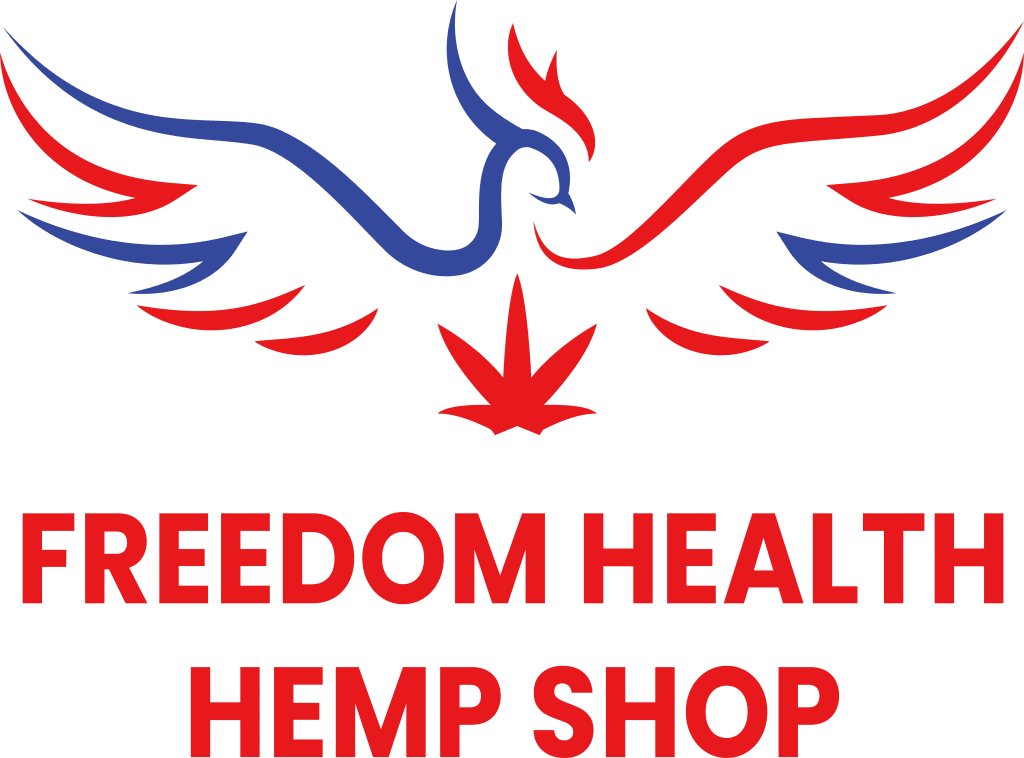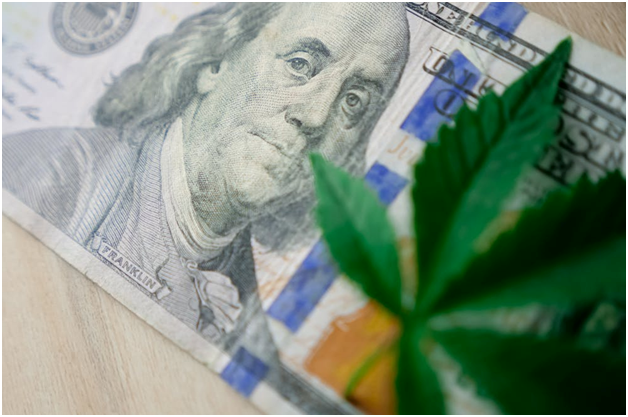How Big Industries Are Lobbying Against Hemp: The Hidden War on a Natural Competitor
Did you know that hemp was once so essential that early American farmers were legally required to grow it?Yet, today, this sustainable crop, with the potential to support health, industry, and the environment, remains misunderstood and underused. If you’ve ever wondered why hemp is banned in so many contexts or why progress feels so slow despite public support, the answer lies in the hidden lobbying efforts.
This blog explores how various industries lobbying against hemp have influenced public perception and policy, and what that means for consumers seeking natural, effective alternatives. Remember, it’s not just a matter of policy.It’s about access, innovation, and informed choice.
A Brief History of Hemp Suppression
The history of hemp in the U.S. reveals a plant that has been a cornerstone of human civilization for centuries. In early America, it was so essential that in 1619, the Virginia Assembly mandated every farmer to grow it. The Founding Fathers, including George Washington and Thomas Jefferson, cultivated hemp, recognizing its value for producing rope, sails, and clothing.
However, the tide turned in 1937 with the enactment of the Marijuana Tax Act, which imposed heavy taxes on cannabis, including hemp. This legislation, influenced by industrial magnates like William Randolph Hearst and the DuPont family, effectively criminalized hemp cultivation. The Controlled Substances Act of 1970 further entrenched this stance, classifying hemp as a Schedule I drug due to its association with marijuana, despite its negligible THC content.
While the public narrative focused on law and safety, behind the scenes, economic interests were a major driving force. The industrial uses of hemp and its potential as a renewable resource posed a quiet threat to established industries, many of which had far more to gain from its disappearance than its growth.
Top Industries Lobbying Against Hemp
As hemp slowly makes a comeback, it’s not just outdated laws that stand in the way. It’s competition and major industries lobbying against hemp. From medicine to manufacturing, several industries view hemp as a disruptive force with the power to reshape markets. Let’s take a closer look.
1. Pharmaceuticals
The pharmaceutical industry perceives hemp, particularly CBD, as a formidable competitor. CBD’s potential in addressing ailments like anxiety, pain, and insomnia threatens the dominance of synthetic drugs, fueling ongoing pharmaceuticals vs. hemp tensions and Big Pharma lobbying efforts. In 2024, the global market revenues for these conditions were substantial:
- Anxiety Treatments: $12-15 billion approx
- Pain Management: $80-90 billionapprox
- Insomnia Medications: $4.5-5.5 billionapprox
These figures underscore the significant financial stakes involved. As CBD vs. Big Pharma dynamics evolve, the potential of hemp-based alternatives continues to challenge traditional pharmaceutical approaches.
2. Plastics and Petrochemicals
Hemp’s versatility extends to the production of bioplastics, offering a sustainable alternative to petroleum-based plastics. As environmental concerns mount, the hemp competition with plastics intensifies, challenging the petrochemical industry’s profitability.
3. Cotton/Textile Industry
When comparing hemp vs. cotton industry, hemp emerges superior in several aspects. It requires significantly less water, is more durable, and produces a higher yield per acre. Despite these advantages, the entrenched cotton industry views hemp as a disruptive force.
4. Paper Industry
Historically, hemp was a primary source for paper production. Its fibers are longer-lasting and more sustainable than wood pulp. However, the rise of the timber industry led to a decline in hemp-based paper, a shift driven more by economic interests than practicality.
How Lobbying Works
These economic interests don’t just quietly influence markets — they actively shape laws and public opinion through lobbying. Industries use lobbying as a strategic tool to protect their position. Here’s how it unfolds:
- Regulatory Influence: Industries fund campaigns to elect officials sympathetic to their causes, ensuring favorable regulations.
- Disinformation Campaigns: By conflating hemp with marijuana, industries have perpetuated myths, leading to public skepticism and stringent laws.
- Suppressing Research: Funding for hemp research is often limited, delaying scientific advancements and public awareness of its benefits.
These tactics have contributed to the hemp industry suppression, keeping it marginalized despite its potential.
What This Means for Consumers
The ramifications of these lobbying efforts are profound:
- Limited Access: Consumers face restricted access to organic CBD products and other hemp-based solutions due to stringent regulations.
- Misinformation: The conflation of hemp with marijuana has led to public confusion, hindering the adoption of hemp wellness solutions.
- Economic Impacts: Small businesses in the hemp sector struggle to compete against established industries with vast lobbying resources.
Empowering Change: What You Can Do Today
To counteract these challenges:
- Educate Yourself: Ask questions like why hemp is banned and who benefits from these restrictions? Understand the hemp legalization timeline and the historical context of its suppression.
- Support Hemp-Friendly Policies: Advocate for legislation that promotes hemp cultivation and usage.
- Choose Hemp Products: Opt for organic CBD products and other hemp-based items to support the industry.
- Stay Informed: Follow credible sources to stay updated on developments in the hemp sector.
By taking these steps, consumers can play a pivotal role in challenging the industries lobbying against hemp and promoting a more sustainable future. Making mindful choices sends a clear message that natural alternatives deserve a place in the market.
Explore our range of organic CBD products and discover the myriad benefits they offer. For deeper insights, check out our resources on hemp oil benefits and CBD for stress relief. Together, we can push back against misinformation and build momentum for hemp-friendly policies.
Join us at Freedom Health Hemp Shop in championing a greener, healthier tomorrow.

